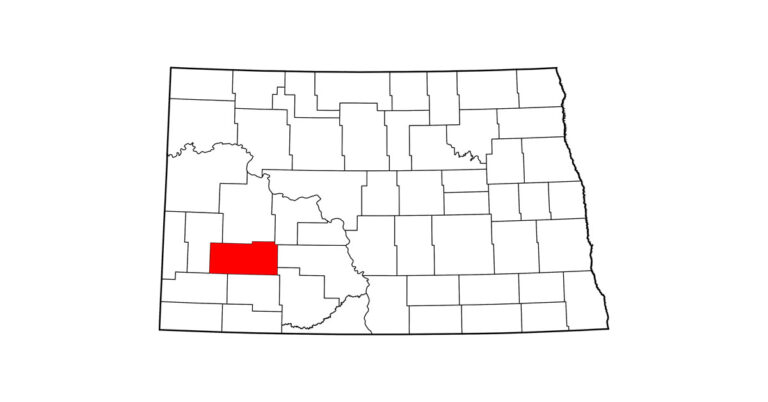
Nevada confirmed one EIA case recently. The Nevada Department of Agriculture reported a horse positive for equine infectious anemia during routine testing. The private facility where the horse resides is under official quarantine. Additionally, officials will test all the horses on the premises to prevent further spread. Importantly, officials recommend owners have any horses that attended an event in Washoe County in June 2022 tested for EIA.
To read the Equine Disease Communication Center alert about this case and others, click here.
EDCC Health Watch is an Equine Network marketing program. It utilizes information from the Equine Disease Communication Center (EDCC) to create and disseminate verified equine disease reports. The EDCC is an independent nonprofit organization. It is supported by industry donations in order to provide open access to infectious disease information.
About EIA
Equine infectious anemia is a viral disease that attacks horses’ immune systems. The virus is transmitted through the exchange of body fluids from an infected to an uninfected animal. This is often done by blood-feeding insects such as horseflies. It can also be transmitted through the use of blood-contaminated instruments or needles.
A Coggins test screens horses’ blood for antibodies that are indicative of the presence of the EIA virus. Most U.S. states require horses to have proof of a negative Coggins test to travel across state lines.
Once an animal is infected with EIA, it is infected for life and can be a reservoir for the spread of disease. Not all horses show signs of disease, but those that do can exhibit:
- Progressive body condition loss;
- Muscle weakness;
- Poor stamina;
- Fever;
- Depression; and
- Anemia.
EIA has no vaccine and no cure. Consequently, a horse diagnosed with the disease dies or is euthanized. Alternatively, it must be placed under extremely strict quarantine conditions for the rest of his life. This includes being at least 200 yards away from unaffected equids.











